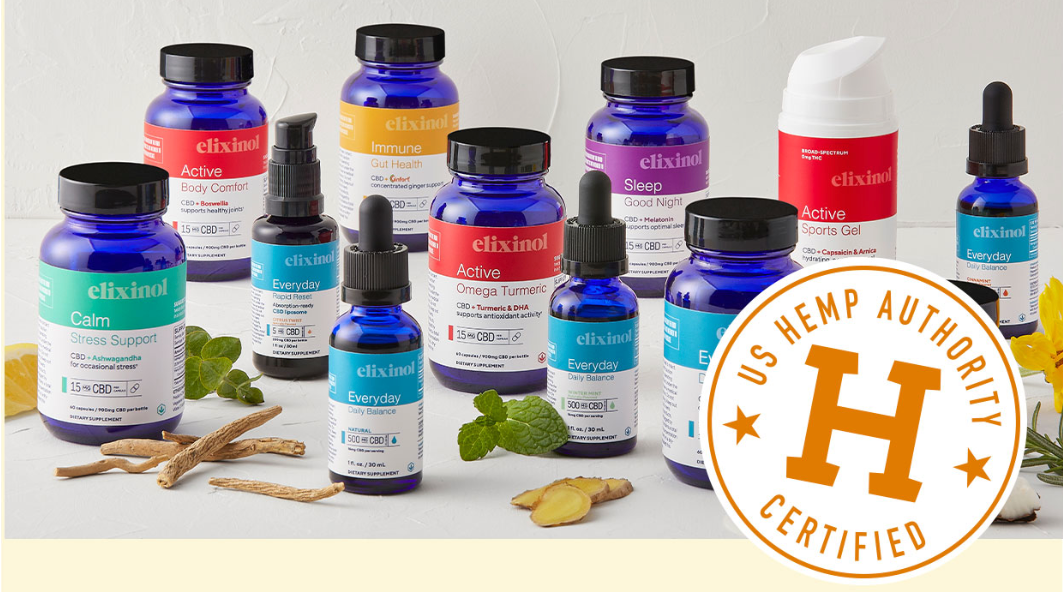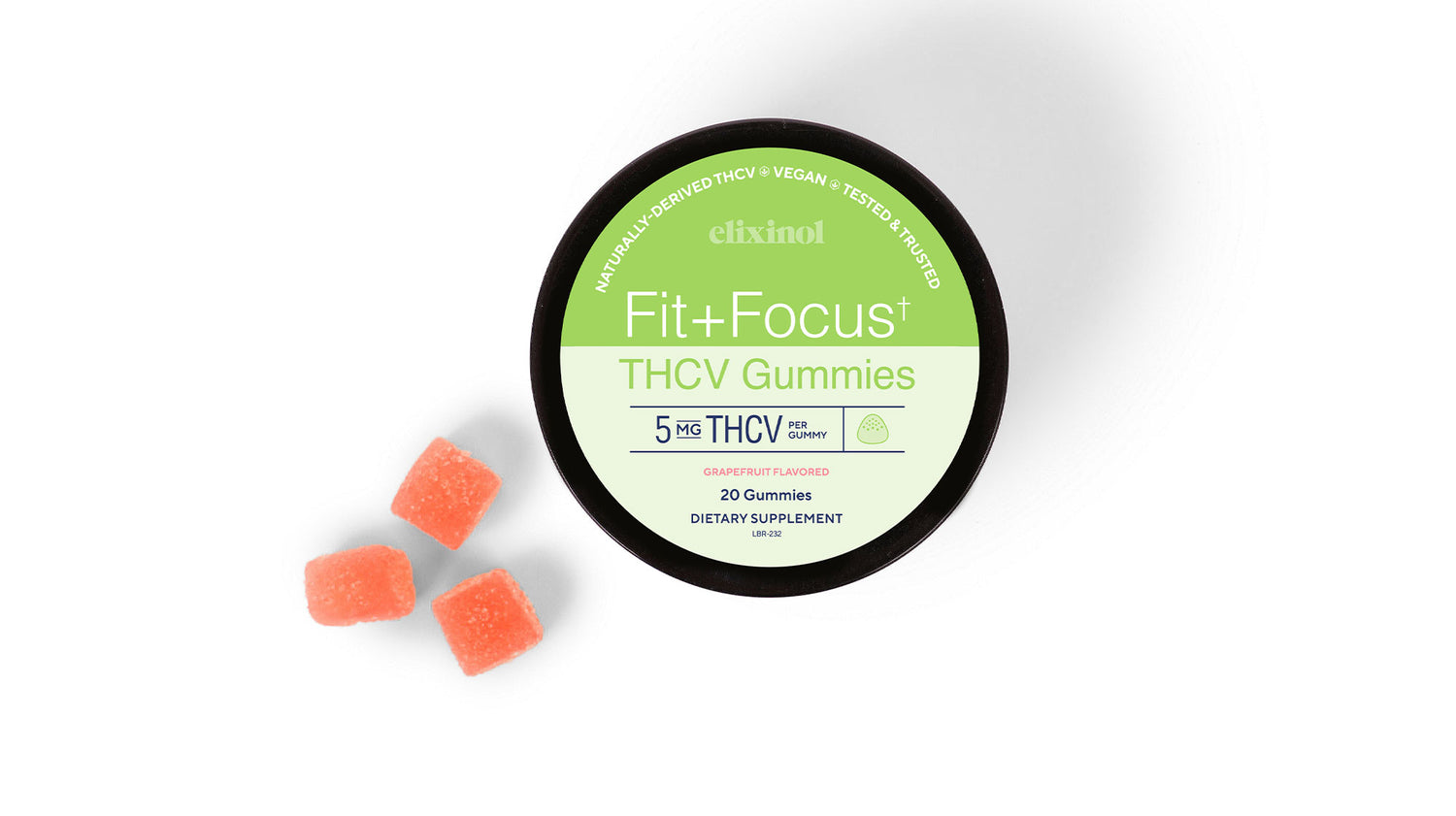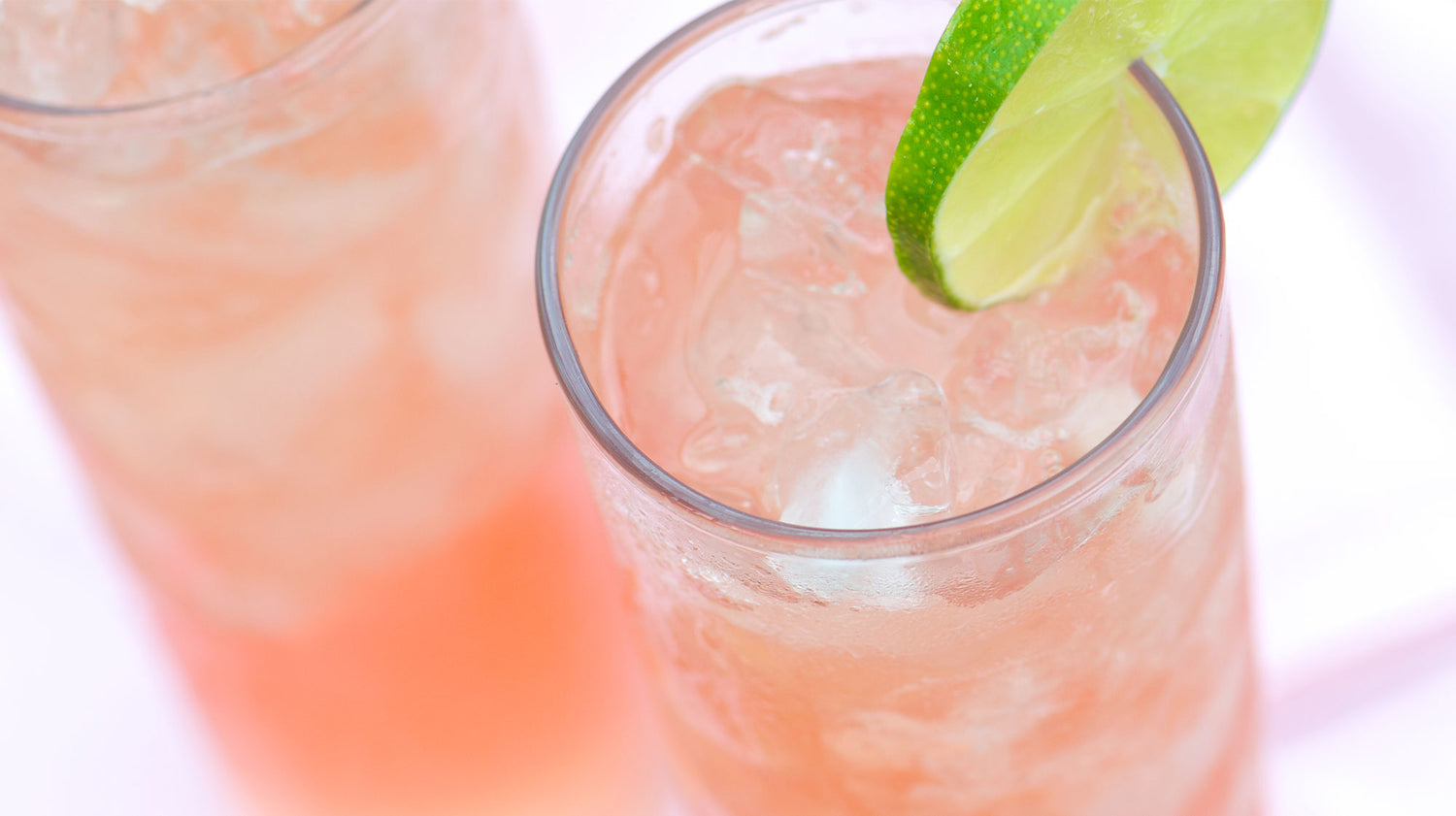The two most common and well-known cannabinoids are tetrahydrocannabinol (THC) and cannabidiol (CBD). For those who are new to the world of hemp oil, the frequent squabbling over which is best can be confusing especially when considered from a CBD vs THC "who wins?!" comparison where there is no definitive answer. They are different in some essential ways and offer a variety of potential benefits of cannabinoids. Is it worth the greater legal and safety risks to buy THC-containing cannabis for use in extracts, or is high-CBD hemp oil still the best option? Learn more about the differences of these cannabinoids and find out who has the edge when it comes to CBD vs THC.
What are Cannabinoids? A Quick Recap
Cannabinoids are naturally occurring chemicals found in the cannabis plant. You might have heard of CBD and THC. While they are often the most well-known, they are just two types of over 100 other cannabinoids that exist in the cannabis plant.
Chemical Differences between CBD and THC
Though both the tetrahydrocannabinol (THC) and cannabidiol (CBD) molecules look similar and share the same molecular formula, there is a slight but very important distinction between them. THC contains a cyclic ring, where CBD contains a hydroxyl group. THC, which is primarily found in marijuana, is the molecule that causes a “high”. CBD, on the other hand, comes predominantly from hemp and is non-intoxicating.CBD and THC are chemically similar to the body’s endocannabinoids and allows them both to interact with cannabinoid receptors.
CBD vs. THC: Effects on the Body
As noted, CBD and THC are both naturally occurring cannabinoids found in the cannabis plant. While they both affect the body by communicating with the endocannabinoid system, they each play different roles. THC (tetrahydrocannabinol) is the psychoactive chemical responsible for causing a “high” feeling. CBD is non-psychoactive.
Can CBD and THC both get you high?
THC is most famous, or infamous, for its ability to get users “high”. CBD, however, has different effects on our cannabinoid receptors, and therefore does not cause a “high”. Many people who use hemp extracts on a daily basis prefer CBD, as it doesn’t impact everyday functioning because of these different properties. A major barrier to the availability of hemp extracts is the fear of a "high" and resulting fears of addiction, especially for children1. This is why, in many regions, high-CBD, low- or no-THC products are the only legal option.
CBD and THC Side Effects: Mood, Memory & Overall Brain Function
Because CBD lacks psychoactive properties, it may cause fewer side effects compared to THC. For example, THC consumption may have negative effects on memory and mood. A study2 of volunteers smoking cannabis, some with low CBD and some with high CBD, found that those smoking high-CBD cannabis had less impairment of prose recall when compared to low-CBD cannabis smokers. This means that CBD is unlikely to affect memory, and may protect against THC-induced impairment. Additionally, the low-CBD group reported higher levels of anxiety, which may be due to CBD’s reported ability to alleviate temporary symptoms of anxiety3. THC side effects may act in the opposite way and cause anxiety. Another benefit of CBD over THC is that it does not have psychosis-like effects. It may protect users of cannabis from getting too high.
CBD and THC for Sleep
These two cannabinoids also have differing effects on sleep; and one of the most common uses of cannabis is as a sleep aid. THC is thought to be the primary factor behind the sleep-inducing effects of cannabis. In a study5 comparing the effects of THC and CBD on sleep, THC was found to increase sleepiness and reduce the time to fall asleep the next day. Memory was also impaired, and changes in mood were reported. However, CBD was shown to counteract the sedative activity of THC and increase “awake” activity during sleep. Therefore, CBD-rich oil could be the superior option to “regular” cannabis for those who are already tired most of the time.
CBD vs. THC: Legality and Safety
The legality of CBD and THC varies by state and the laws are constantly changing. Be sure to check your state laws and regulations before you try or purchase cannabis products. These laws extend even further when involving driving or operating heavy machinery. Because THC causes psychoactive effects, driving under the influence is illegal in most places. CBD products only contain traces of THC and do not illicit psychoactive effects, allowing you to drive, work, and spend time with family without any adverse effects. Overall, CBD-rich hemp extracts have advantages over those containing THC. Plus, it is much safer when it comes to the law or chances of contaminants or adulterants.
Does CBD Oil Have THC?
Despite being two separate cannabinoids, some CBD products do contain traces of THC, depending on which extraction method is used on the hemp plant. That said, it's not necessarily something you have to worry about. A full-spectrum extract means it contains all phytochemicals naturally found in the plant. That includes CBD, trace cannabinoids, terpenes and essential oils. These extracts come with THC levels below 0.3%.Broad-spectrum CBD oil contains cannabidiol and all the other compounds within the plant, but completely removes THC. Check out our full-spectrum and broad-spectrum CBD oils to learn more. In addition to the difference between CBD and THC, you can read about the difference between hemp and CBD here.




